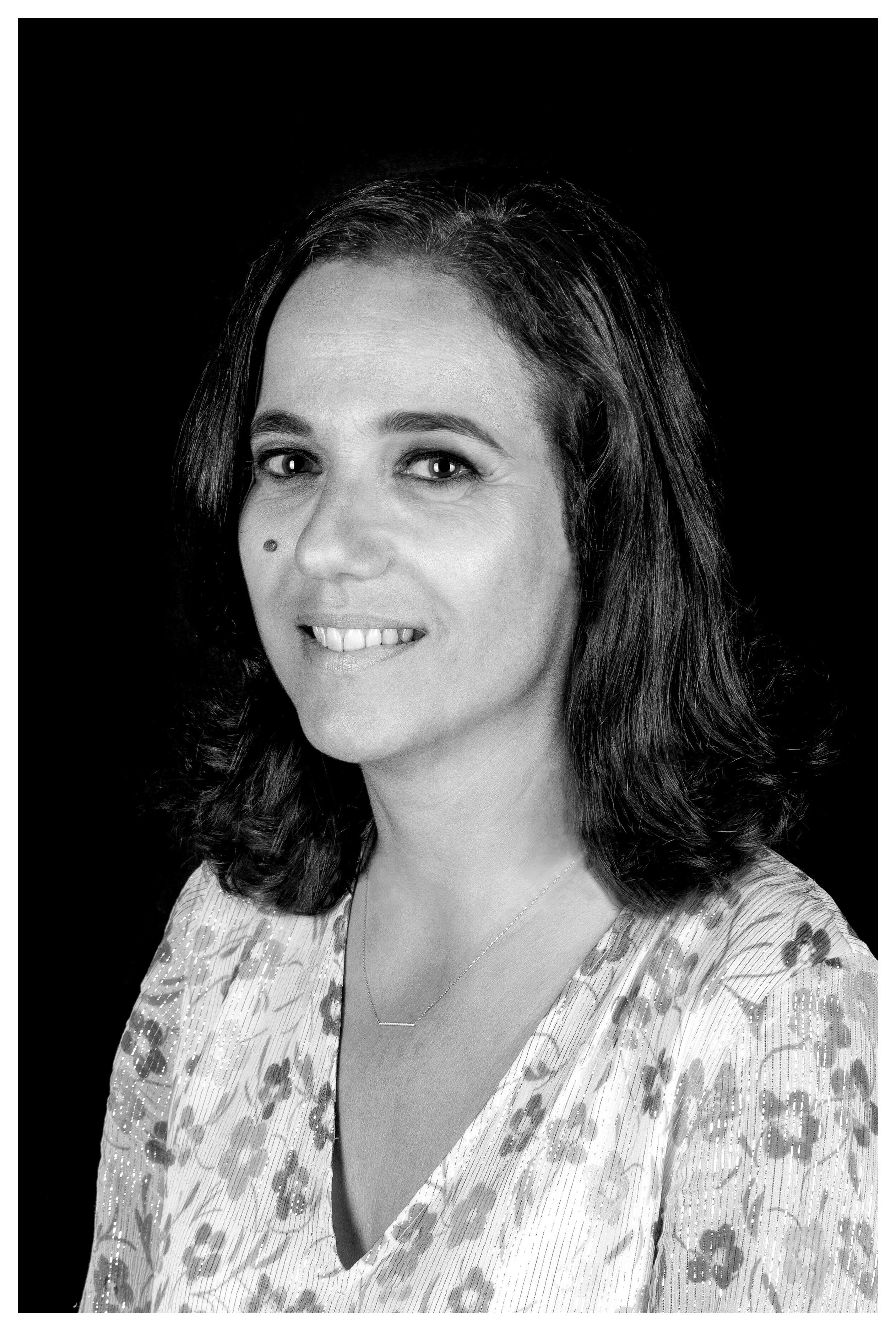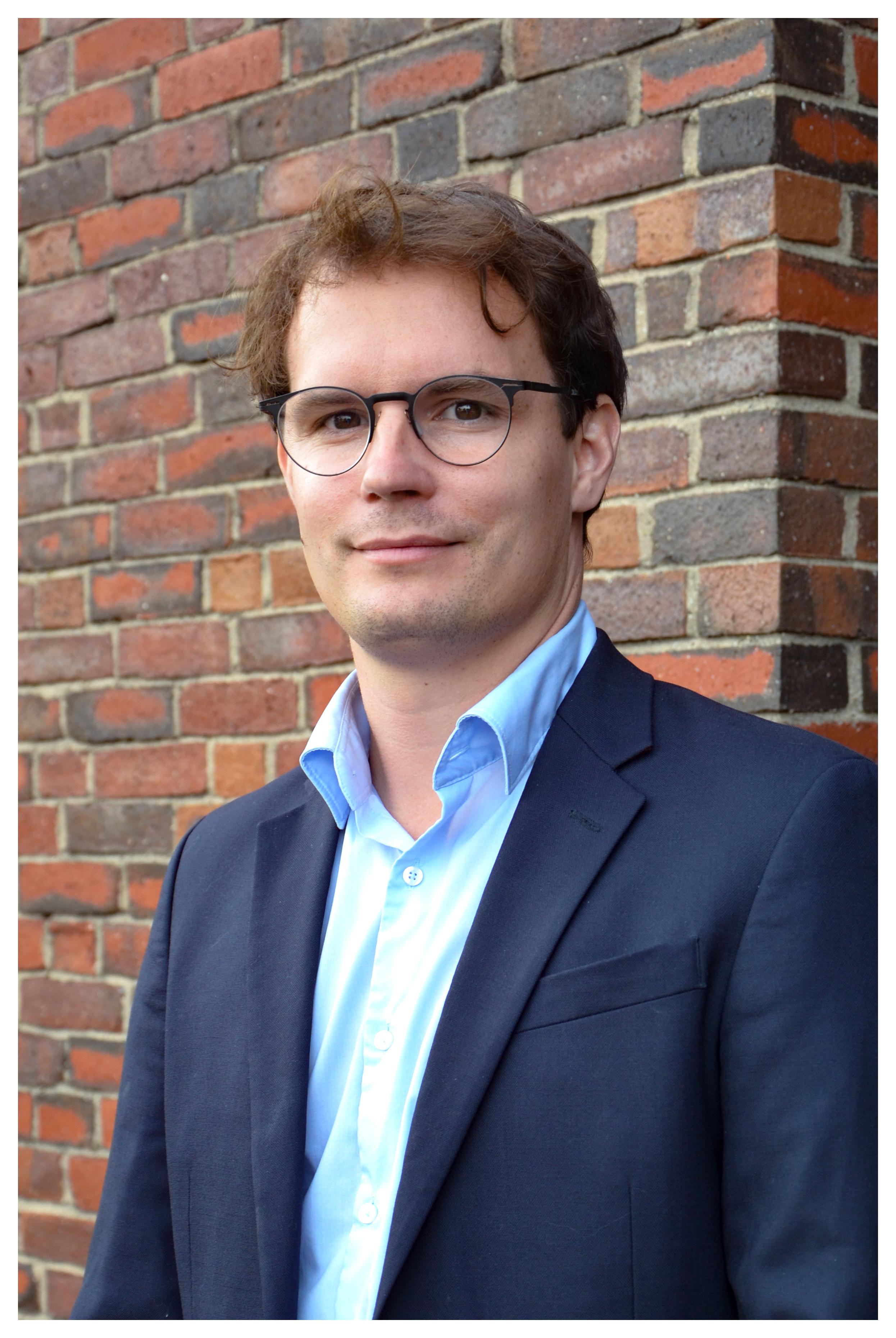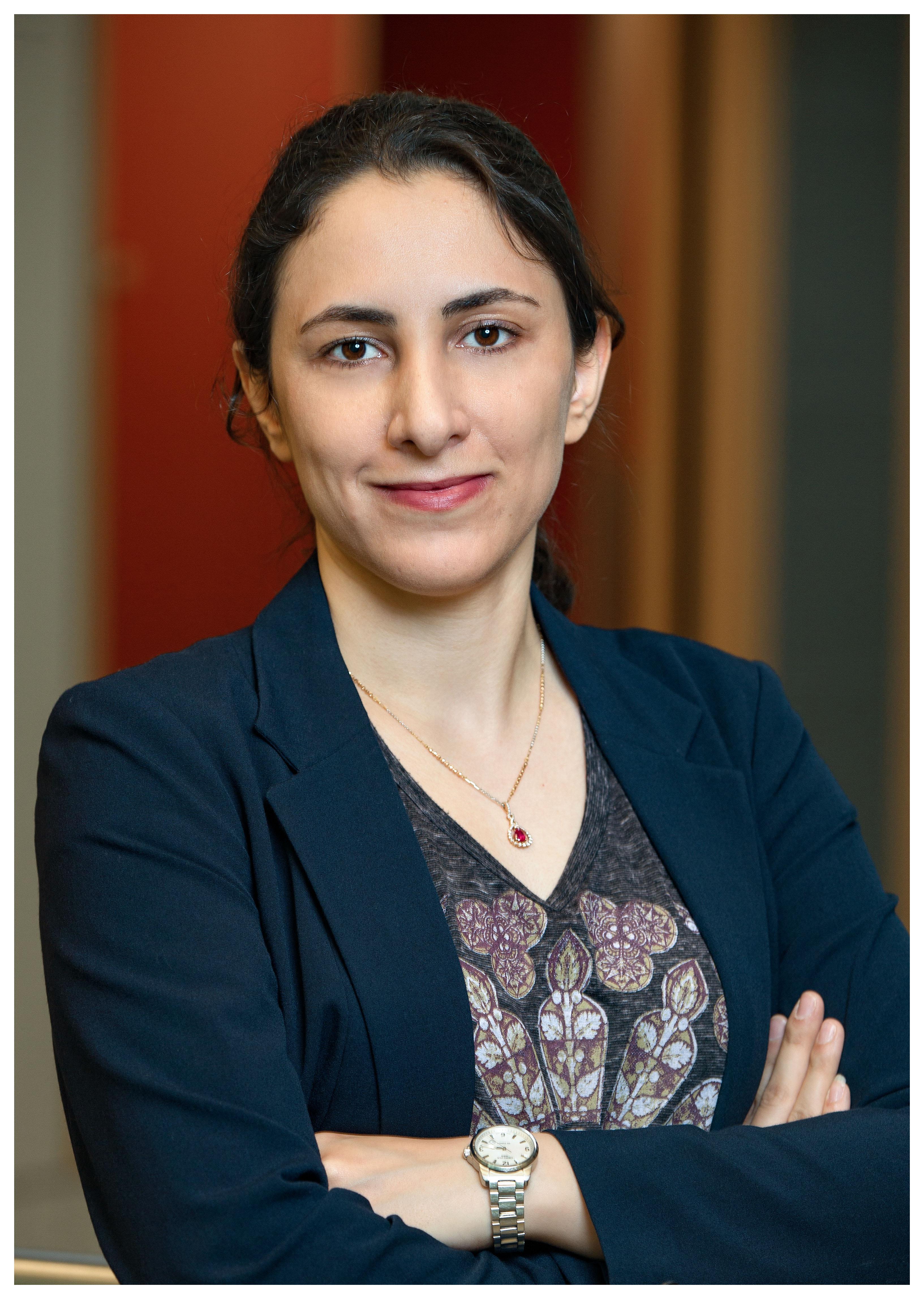The Center for Neuroprosthetics welcomes 4 new Professors

© 2019 EPFL
Among the Professors newly nominated by the Board of the Swiss Federal Institutes of Technology this month, four of them are joining the Center for Neuroprosthetics.
Professor Jocelyne Bloch was named as Adjunct Professor at EPFL in the School of Life Sciences (SV)

Jocelyne Bloch is an internationally acclaimed neurosurgeon and neuroscientist. She collaborates closely with EPFL on various projects. Her formal integration into the Federal Institute reinforces the importance of clinical research for EPFL's research projects.
Dr Alexander Mathis was named as Tenure Track Assistant Professor of Life Sciences in the School of Life Sciences (SV)

Alexander Mathis is a scientist who has already has already made significant contributions. He investigates the processing of neural data and the mechanisms for encoding adaptive behaviour in the brain. His achievements include developing a well-regarded theory on the coordinated activity of grid cells. He has also obtained results relating to the encoding of olfactory stimuli and adaptive behaviour in motor control. By appointing Alexander Mathis, EPFL is gaining important expertise at the interface of theory and experimental methods.
Dr Mackenzie Mathis was named as Tenure Track Assistant Professor of Life Sciences in the School of Life Sciences (SV)

At a young age, Mackenzie Mathis has attracted considerable attention internationally with her work towards understanding the neural mechanisms that enable bodily movements to recalibrate constantly. Among other achievements, she developed the first behavioural model for investigating motor adjustments in the movement sequences of mice, and discovered that the somatosensory cerebral cortex plays a key role here. Mackenzie Mathis and her research approaches are an excellent fit with existing research activities at EPFL. She will hold the Bertarelli Foundation Chair in integrative neuroscience.
Professor Mahsa Shoaran was named as Tenure Track Assistant Professor of Electrical and Electronic Engineering in the School of Engineering (STI)

A very promising young researcher, Mahsa Shoran has already built an international reputation in a transdisciplinary field at the intersection of circuit design, machine learning and neuroscience. Her research, conducted in close collaboration with clinicians, aims to develop new diagnostic and therapeutic devices for drug-resistant neurological disorders. Her work is perfectly integrated into EPFL's strategy, with its ambition to develop the next generation of brain-machine interfaces.